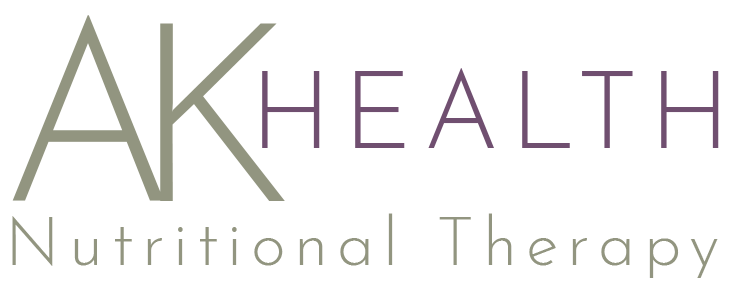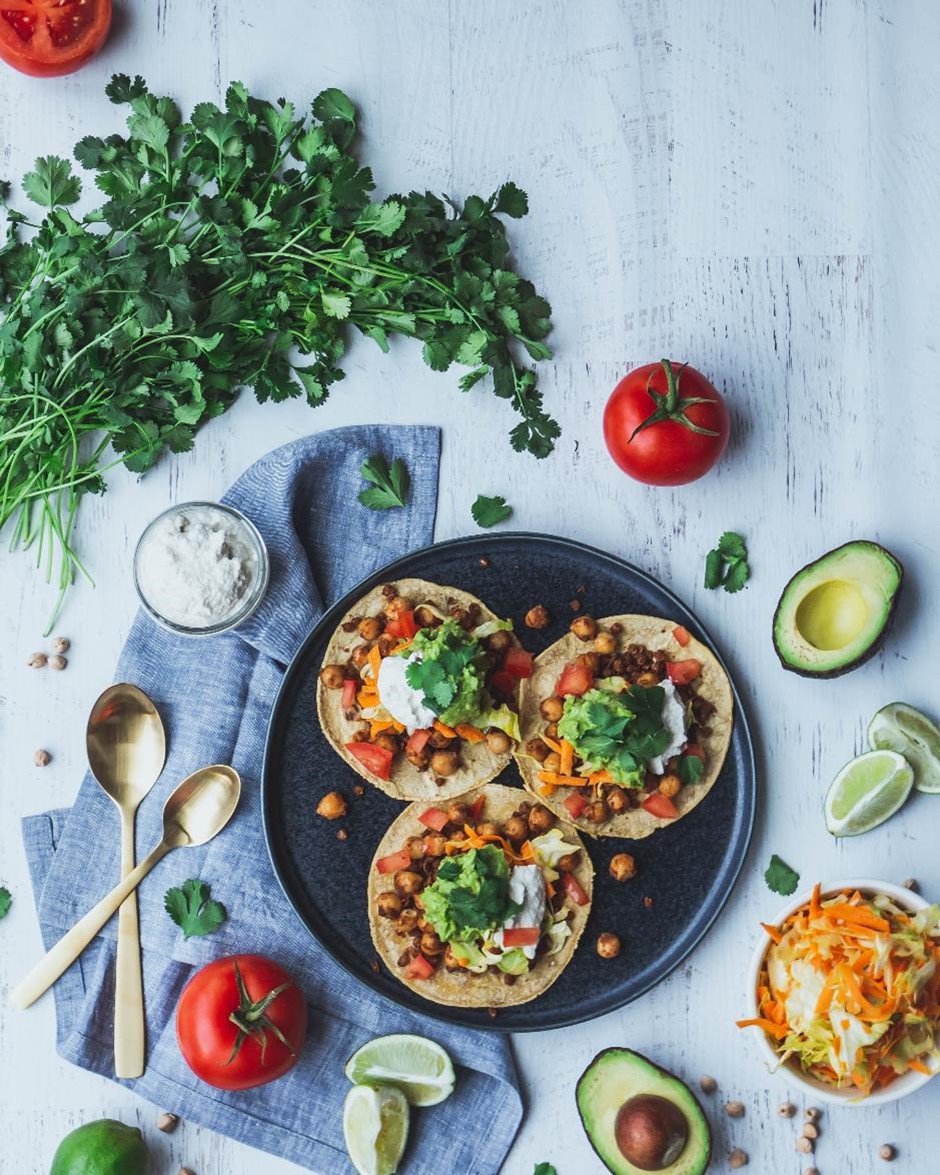At the start of every year, there is always a lot of noise about going vegan. It’s Veganuary, after all, a veritable celebration of all things vegan. I guess, since you’ve opened this blog, that you are vegan-curious. If you’re tempted to be more plant-based or even go full-blown vegan (there is a subtle difference in that ‘plant-based’ means more plants rather than only plants), you’ll find all the answers you need to take the plunge right here.
Moving to an entirely plant-based (or more plant-based) diet can be rewarding for your health if you do it properly, and I’m excited to help you start the journey. As a nutrition professional, it’s my job to be interested in what you eat. I don’t want you to just be vegan; I want you to be a healthy vegan (or however far you are going to run with this). So, in this blog, I’m going to be lifting the lid on the things I think really matter about switching to a vegan diet.
There are a few things you need to know about going vegan
- Going vegan doesn’t mean you’re guaranteed a great diet. You can eat white bread, margarine, jam and chips and be vegan.
- It is possible to have a stellar diet as a vegan, but you will need to work harder than meat-eating folk to get everything your body needs without meat and dairy – this just because they are the easiest sources for the body to get certain nutrients.
- It’s not as hard as it sounds to get started, but you will need to really plan to get it right.
- It might be that it’s a long way from where you are right now. One of the challenges (and, I think also part of the fun) is discovering new recipes to try so think of this as an adventure in cooking.
- You don’t need to go 100% vegan overnight. You can ease your way into it.
How to be a healthy vegan
Eat real food
Many people try to be vegan by relying on fake food – they replace milk, cheese and meat with foods manufactured to look and taste as though they are milk, cheese and meat. Since food manufacturing is not like magic, what is used instead is non-foodstuffs including stabilisers, gums, thickeners and highly-processed protein extracts. Moreover, you may be counting your vegan cheese in as a source of protein, when many of them are actually made from carbs.
Ensure you get enough protein
The main vegan protein sources are pulses and grains, and as only a combination of the two provides complete proteins (containing all essential amino acids), this can be a high carbohydrate diet by definition, and high carb diets are not helpful for those trying to lose weight or for optimum health in general.
Check you are getting enough calcium
You can get the calcium you need from greens rather than dairy, which is admittedly one of the best sources, but you are going to need to commit to putting in some work. Although it’s easy to think that being vegan – and therefore probably eating more veg every day – will make decent calcium intake a foregone conclusion, it can be tricky on a day-to-day basis.
Kale is one of the best vegan sources of calcium, along with collard greens (a bit like spring greens). Spinach and chard also provide calcium but, unfortunately, they also contain a group of molecules called oxalates that bind to calcium and make it unavailable to your body. Rhubarb, beetroot, carrots, potatoes and broccoli also contain these oxalates – although cooking reduces oxalic acid. The bottom line is raw veg isn’t always a good thing and fermenting these foods is great! Other good sources include tofu, beans (especially kidney beans and chickpeas), nuts (almonds are best) and seeds.
Ensure that you absorb as much iron from your food as possible…
…by neutralising another nutrient-stealing molecule called phytic acid, which is found in nuts, seeds, legumes and grains. You can do this by soaking these foods overnight before cooking or sprouting them.
Eat calcium-rich foods away from iron-rich foods…
…for maximum absorption. Calcium (although you need plenty of it in your diet) actually reduces iron absorption.
Eat foods that are rich in Beta-Carotene
(usually orange or yellow foods) to increase iron uptake. Carrot sticks and hummus anyone? Vitamin C, too, enhances the absorption of non-haem iron, so consider using lemon or lime juice for your salad dressings.
Make sure you supplement the right form of B12
Most vegans probably take cyanocobalamin a synthetic form of B12 and also the cheapest, which is perhaps what makes it an attractive proposition. However, this synthetic form is far less well absorbed than the natural forms methylcobalamin, hydroxycobalamin or adenosylcobalamin, which are identical to the B12 found in animal products.
Love your seeds (and seaweed)
There are several types of omega-3, including alpha-linolenic acid (ALA) and docosahexaenoic acid (DHA) – and the latter is needed for brain health. While oily fish tend to provide both kinds, few plant foods contain both. Really, we’re talking here about seaweed, including nori (the type of seaweed you see wrapped around sushi) and spirulina and chlorella (often sold in powdered ‘superfood’ form). The ALA type of omega-3 is found in flaxseeds, hemp seeds, and chia seeds. Yes, you do need both in your diet.
Tips for going vegan
Some people like to make changes all in one go. If this is you, choosing a good vegan recipe book will be helpful.
Or you might try changing one meal at a time – possibly having a vegan breakfast during your first week, adding a vegan lunch during week two and so on.
You might try changing one product at a time, for example, swapping traditional cow’s milk for almond milk, or butter for coconut oil. There’s a plant-based alternative for most things you can think of.
One thing that you can look forward to is some exciting new recipes. Bringing the principles of being vegan into your life even a few days a week (assuming we are talking veg-based meals rather than fake or junk foods) will deliver a whole new taste experience. There will be things that you love – and things the family rejects. It’s all part of the fun of discovering new things.


